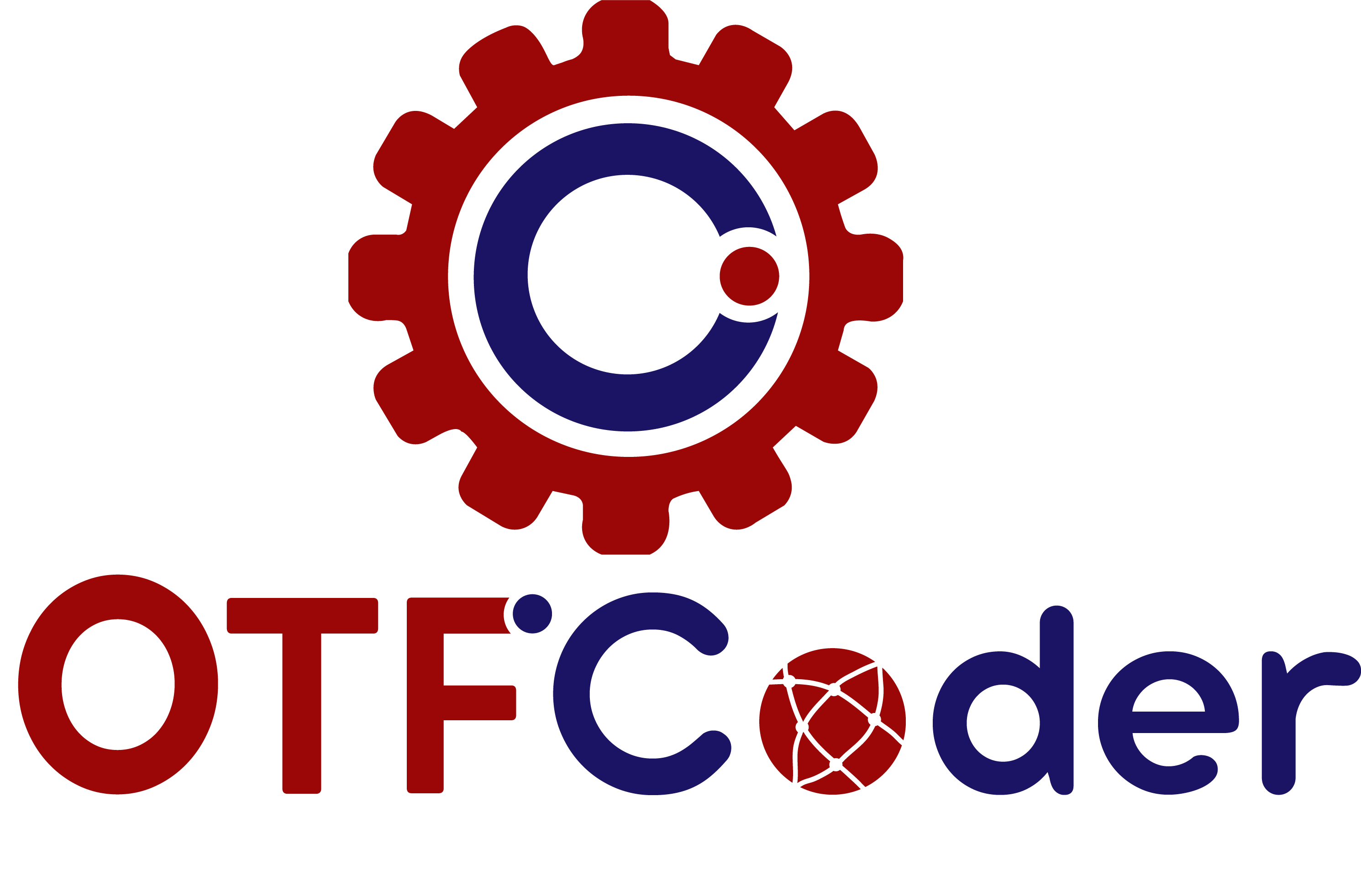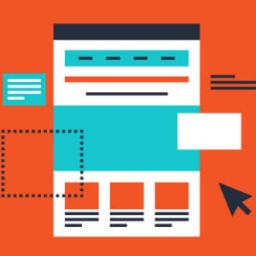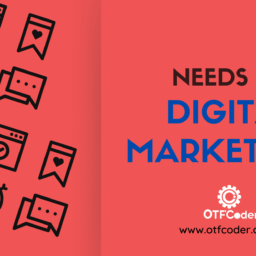ERP also is known as Enterprise resource planning. ERP Solution used as a business process management software that permits a company to use a system of interdisciplinary applications to administer the business and automate many back-office functions related to technology, services, and human resources. Here are a few myths about ERP.
Myths about ERP…
-
It’s just for the massive companies
If you thought ERP is barely for the large corporates, nothing might be farther from reality. Leading ERP software isn’t just for big but also small corporate, ERP solution depends upon how and far big or small company is and use the functionality you would like in line with your business model and requirements.
-
Takes a protracted time to roll out
While this might need to be true within the earlier days of complex ERP systems, now ERP software is intended to be assimilated across a large range of business models, making implementation easier. It’d not take the maximum amount of time as before, but it’ll take time and energy to form the chosen ERP system work for your business.
-
It is to impress customers
Having a finely tuned ERP system in situ will indeed be of great benefit to your customers, but there’s a mess of internal, operational advantages to ERP too – like reducing repetitive tasks by automating or minimizing the necessity to print because all the knowledge is on the system.
-
It does everything for you
If you’re under the impression that ERP software can action your Enterprise Resource Planning from top to bottom – this is often not the case. ERP works best when utilized by trained professionals, and also the excellent news is that there are training programmers to teach uninitiated staff on the most effective practices.
-
Maybe too costly Depending on the kind of ERP software
You decide on they’re going to have different pricing structures. As an example, a modular system is costly if multiple modules are required whereas, an integrated solution may cost less as core functions are included within the initial purchase. Another consideration is that the on-going costs. Before selecting which kind of ERP to shop for, always ask yourself is that the solution scalable and the way much will it cost if additional features are required? Large-scale solutions can represent a substantial investment, but it should be remembered that within the future, effective ERP can enable large savings.
-
ERP is the same as CRM
While it can include some elements of customer relationship management (CRM) software, it should be noted that they’re two various things – one is customer-focused, and also the other can relate to the full organization.
-
You wish to be an IT professional to know ERP
IT can play an enormous part in the implementation of ERP, but ultimately ERP should be cross-departmental. Key staff members across the departments should have input in implementation because all staff can have the benefit of using it. IT professionals also must be trained in elements of ERP, because it isn’t simply knowledge of PC software which is required – an understanding of how each department operates also can help.
-
Designed for management-level employees
Front-line employees in sectors from manufacturing to pharmaceuticals can reap the rewards of ERP. ERP software isn’t intended to be restricted to management level staff, front-line staff can utilize the time-saving features to extend productivity and communicate to different stakeholders quickly and efficiently.




